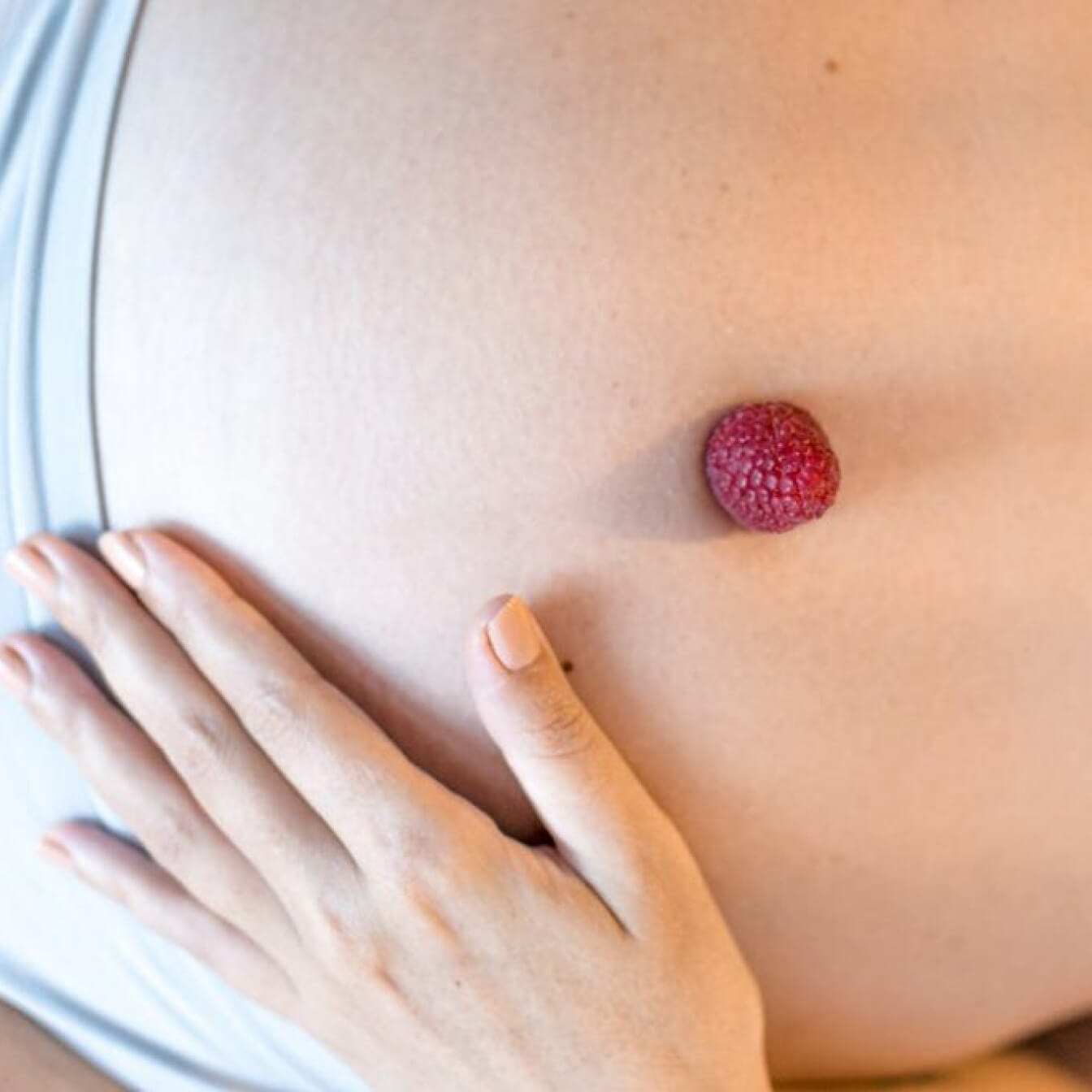Multivitamins for Pregnant Women
- Main Image
-

- Title
- Multivitamins for Pregnant Women
- Short Description
-
Find out why, when, and how you should take multivitamins when pregnant to supplement your daily nutrition intake.
- Detail Page Path


.jpg)
.jpg)
.jpg)